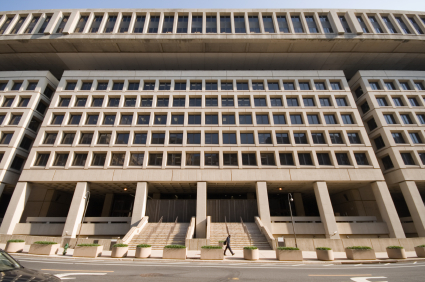By Steve Neavling
The Justice Department sent a clear signal Wednesday to defendants charged in connection with the Jan. 6 attack on the Capitol: Accepting a pardon from former President Donald Trump would amount to an acknowledgment of their guilt.
Federal prosecutors made the assertion in a court filing related to the case of Dova Winegeart, a Jan. 6 defendant seeking to delay her prison sentence in anticipation of a potential pardon from Trump, Politico reports.
Addressing U.S. District Judge Carl Nichols, the Justice Department emphasized that a pardon “at some unspecified date in the future … would not unring the bell of conviction.”
Prosecutors added, “The defendant would first have to accept the pardon, which necessitates a confession of guilt.”
This argument is part of the DOJ’s broader effort to defend the integrity of its sprawling Jan. 6 investigation, which leaders have called the largest criminal probe in U.S. history. Trump has vowed to undermine the investigation by granting clemency to many of the nearly 1,600 individuals charged in connection with the Capitol attack if he regains the presidency.
The legal implications of presidential pardons have been debated for decades, with the Supreme Court noting that pardons often imply guilt even if they erase the legal consequences of a conviction. In a 2006 opinion, the Justice Department’s Office of Legal Counsel reiterated that “a pardon … does not erase the conviction as a historical fact or justify the fiction that the pardoned individual did not engage in criminal conduct.”
Some Jan. 6 defendants, however, have pushed for what they describe as “pardons of innocence,” asserting that Trump could grant clemency without requiring an admission of guilt. Others, who have not yet been convicted, hope that a future Trump administration would simply drop their charges.
Winegeart’s case has brought these issues to the forefront. Convicted of damaging government property during the Capitol attack, Winegeart was sentenced earlier this week to four months in prison. Her legal team argued that the sentence should be delayed to give Trump the opportunity to issue a pardon after taking office. Prosecutors, however, opposed the delay, warning of the dangerous precedent it could set.
“The criminal justice system cannot operate on such uncertainty,” prosecutors argued in their filing. “Indeed, it is neither the court’s role or function to speculate about any president’s pardon decisions, nor is it appropriate for the Court to halt the normal functioning of criminal procedure based solely on that speculation.”
Winegeart’s sentencing judge, Carl Nichols — a Trump appointee — convicted her following a bench trial in October. He acquitted her of several misdemeanor charges but found her guilty of the felony property damage count. Nichols has agreed to hear arguments on whether to delay her prison term while awaiting a potential pardon.
The Justice Department’s filing also underscored the temporal limits of executive clemency. “If a future Executive cannot, today, grant a pardon, this Court cannot expand the temporal grace that Executive may or may not extend in the future to … affect the present,” DOJ attorneys wrote.





